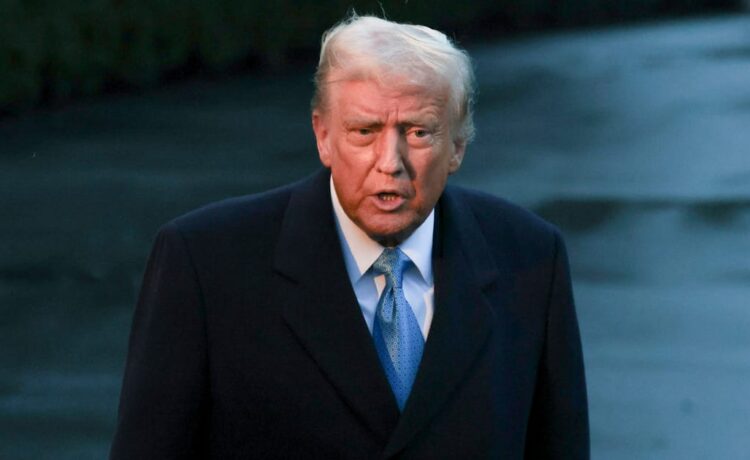As it stands, Europe runs a significant trade surplus — both with the U.S. and overall. For example, Germany’ s 2024 trade surplus with the U.S. is expected to exceed $67 billion, the largest since 2017. And Trump often vents his fury at the EU for not buying more American vehicles, military equipment or farm produce. (He’s also rumored to be obsessed with the number of German cars on the streets of Manhattan.)
So, let us take as a given that the Trump administration will want to take steps to reduce this trade imbalance. From Washington’s perspective, the simple solution would be to impose tariffs on EU imports — but it would also be the wrong solution. It would damage U.S. consumers, and it would encourage retaliation.
The first Trump administration imposed nearly $80 billion worth of new taxes on Americans in 2018 and 2019 by levying tariffs on thousands of imports. It amounted to one of the largest tax increases in decades. And by the end of 2018, foreign retaliatory tariffs were costing U.S. exporters approximately $2.4 billion per month in lost exports.

According to economists Mary Amiti, Stephen J. Redding and David E. Weinstein, the welfare cost of the 2018 tariffs alone reduced U.S. real income by $1.4 billion per month. And the Tax Foundation estimates the impact of all tariffs introduced since 2016 reduced long-run U.S. GDP by 0.2 percent, the capital stock by 0.1 percent and employment by 142,000 full-time equivalent jobs.
Clearly, tariffs aren’t a smart way to address the EU’s trade surplus with the U.S.
Moreover, the surplus is mostly the result of weak domestic demand in Europe and exuberant domestic demand in the U.S.
















